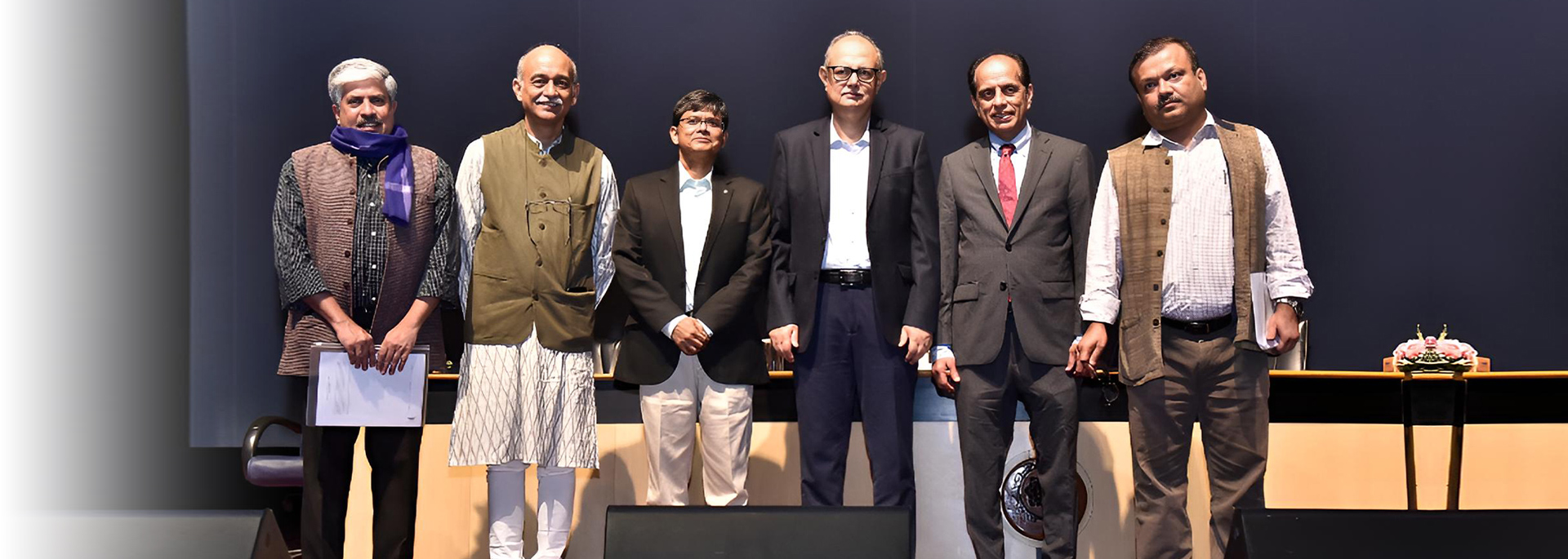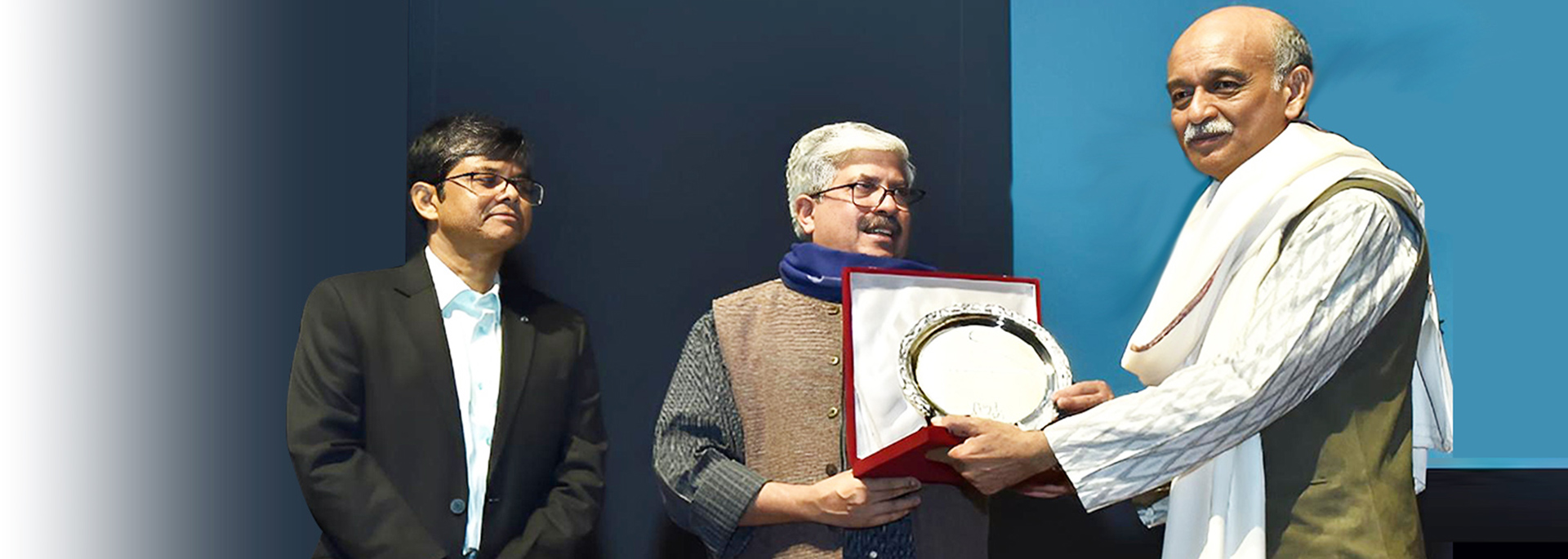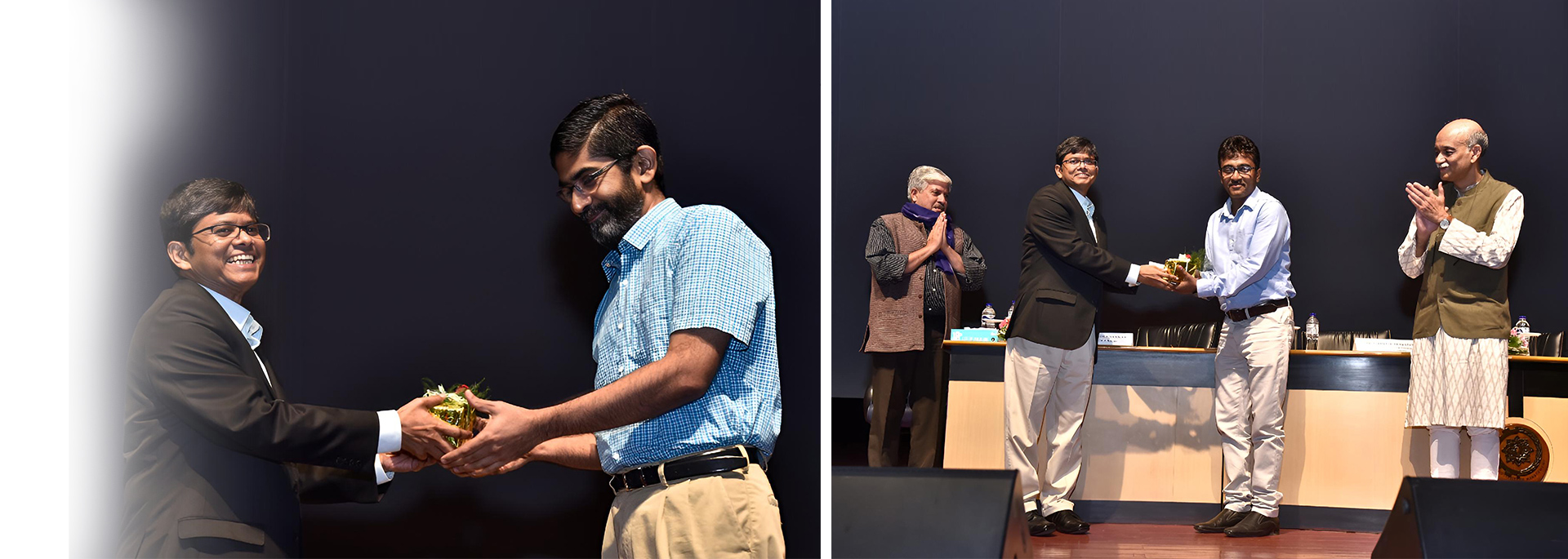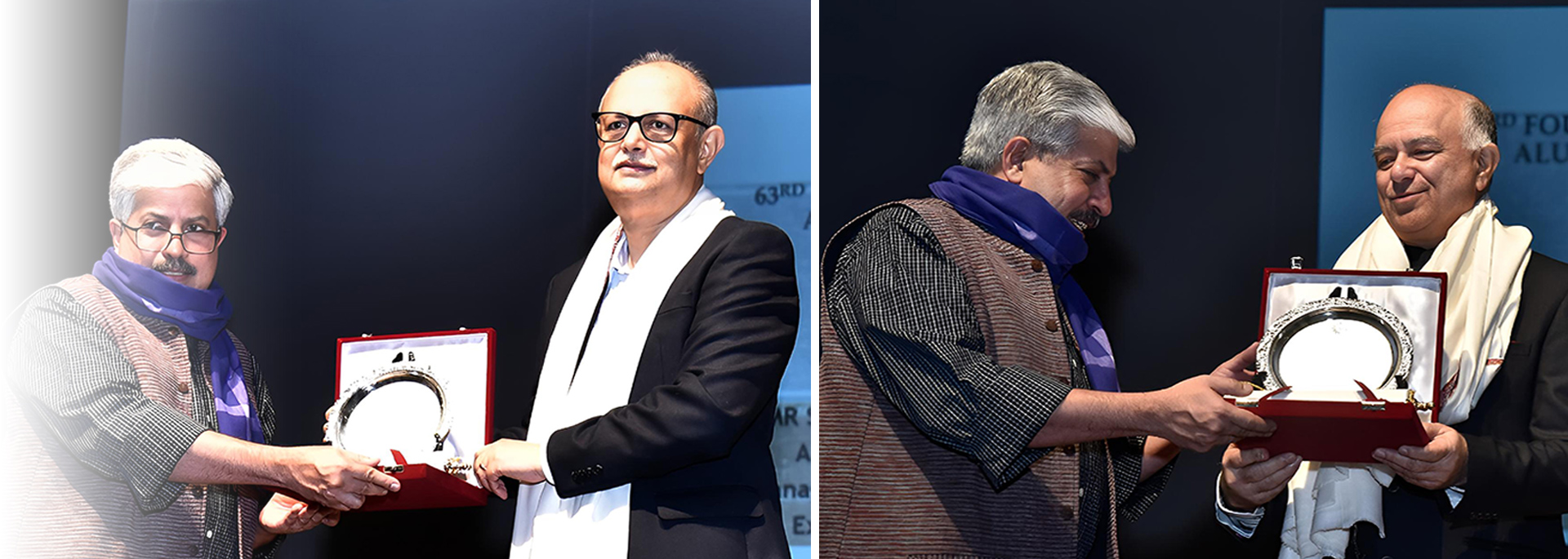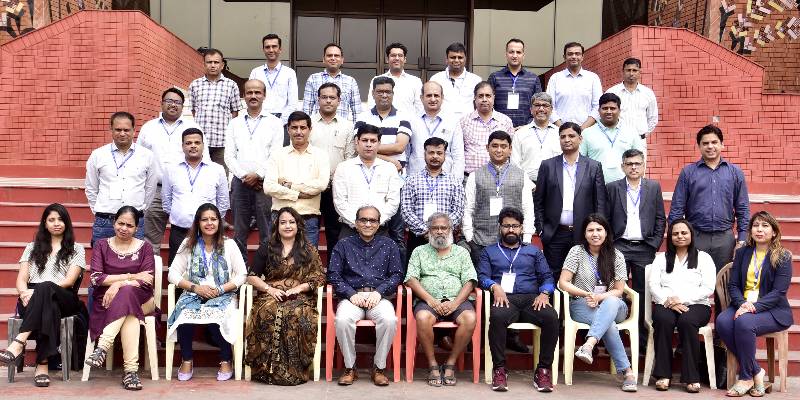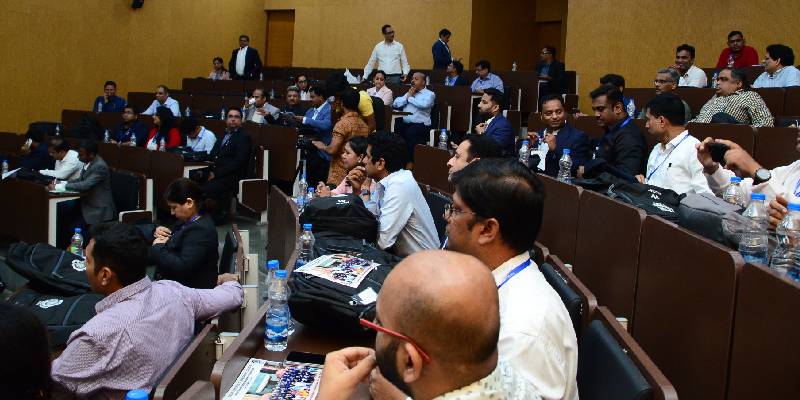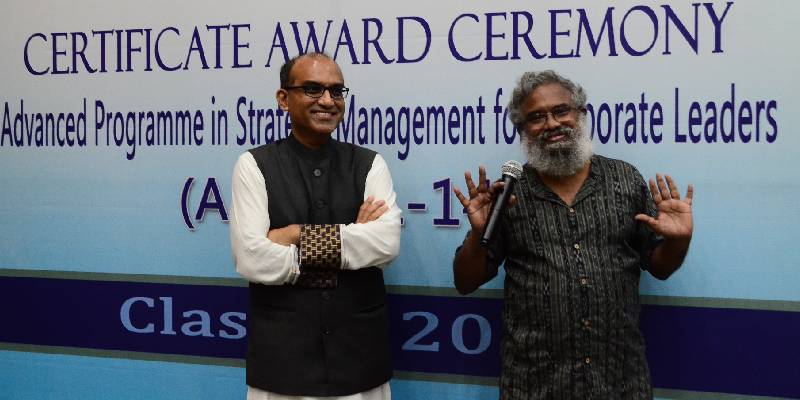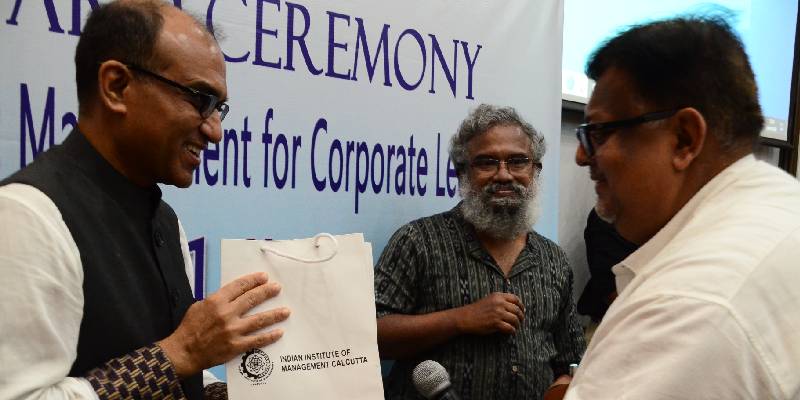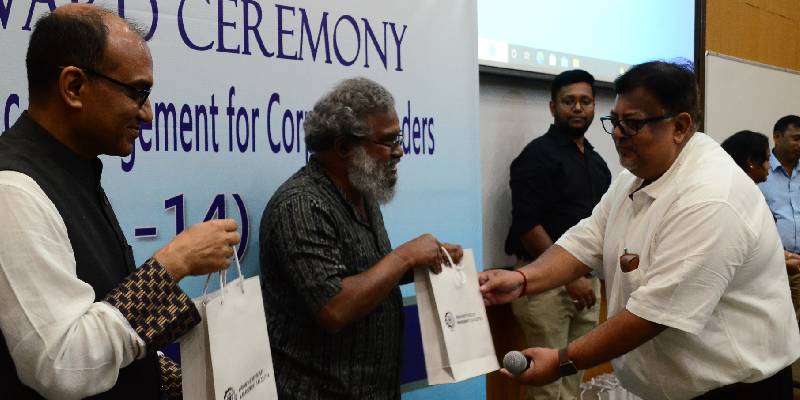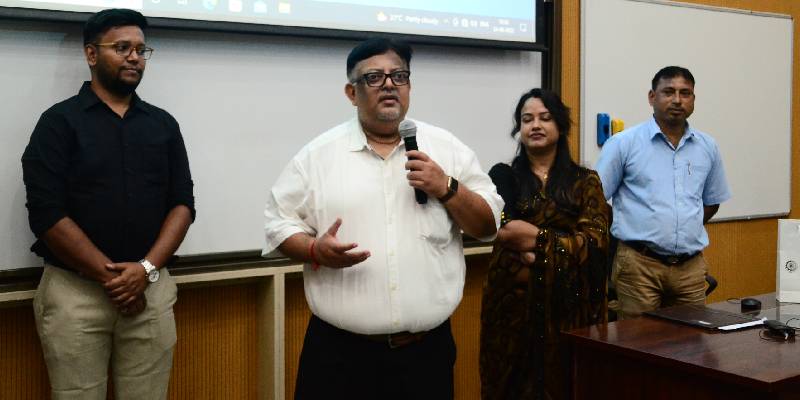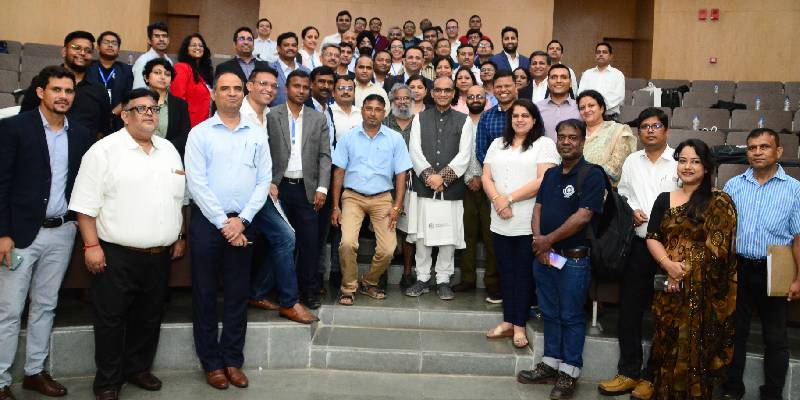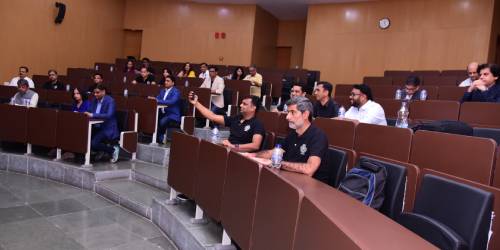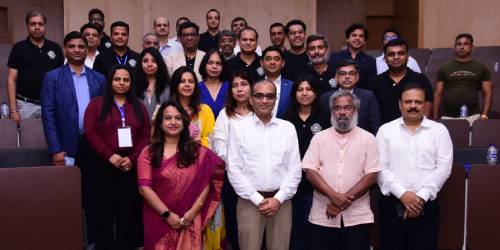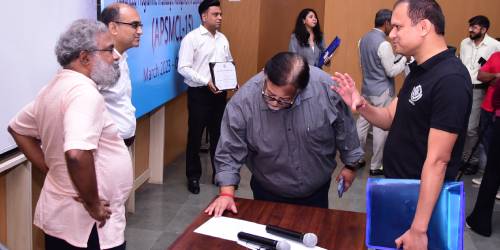Programme Overview
Current business contexts are defined by intense pressures of competition, international exchanges of resources in an uncertain geopolitical order, new concerns about sustainability and an intensification of resource conflicts around the world, technological changes and business and societal disruptions triggered by the use of information technology and massive institutional transitions/transformations such as the new rise of Asian economies. These both frame and challenge a firm’s ambitions of growth requiring them to take risks as they navigate through change.
Strategy is a mode of thinking that leverages the power of individuals, institutions, firms and markets in a cohesive manner to improve the effectiveness of an organization. Hence, we can call it the exercise of power. It is a skill and a craft. Strategy is thus fundamentally about governance. Power can of course be sought for its own sake and therefore crafty strategists in its pursuit may deform and transform business and societal spaces and existing institutions, even while setting ‘new rules of the game’. These require institutional work to be carried out that can embrace the ‘social’ and ‘political’ even as it retains the core concern with the economic calculus of a firm’s strategizing.
Globalization and more intense international flows of resources and ideas are bringing firms that were nurtured in ‘specific historically constructed national institutional settings’, to compete in global markets, all the while as nations militarize and the multi-polar geopolitical order throws up unanticipated events that can disrupt multinational patterns of resource flows rather suddenly. Understanding the institutional setting of rival and/or partner firms so as to better appreciate their strengths and weakness adds an additional layer of complexity to the strategic endeavor in the post-Covid world. Navigating the challenges of global competition therefore requires an appreciation, not only of the strategic moves a firm can make – but more importantly how these relate to and interweave with the broader institutions that frame and define strategic action.
This course therefore presumes that strategic action, of competition or cooperation, always is embedded in societal, institutional and regulatory/governmental contexts. Rather than looking at these as constraints, it helps if one can appreciate how wins can be crafted and power effectively leveraged working within and through these broader institutions, to the benefit of both firm and society.
Programme Objective
- Develop a strategic thinking mindset – understanding conflicts and alignments of interest
- Understanding strategic landscapes of industries, economics behind strategic moves
- Understanding contemporary developments such as business model disruptions, outsourced models of business, vigorous use of informatics, delayering of organizations, modularization of product systems and so on.
- Institutional frameworks to managing multi-stakeholder interests successfully; understanding the rise of the State/government in a multi-polar and unstable geopolitical order
Programme Directors
Who Should Attend
This programme is aimed at managers and leaders in organizations who are currently in roles that require them to handle strategic issues, profit centre heads or managers who are looking to move into such roles. Founders of small and mid-sized firms, as well as senior leaders of large organizations seeking to move into CXO roles in the near term would find the program very useful Working professionals wishing to participate in the programme need to have a minimum experience of 7 years. Managers with longer and broader experience would benefit more from the programme.
Programme Duration and Delivery
The duration of the programme is Eight Months. Sessions will be held once a week for three hours on Fridays (6 PM – 9 PM).
There will be 3 campus visits spanning 11 days (4+3+4 days respectively for each visit) in total.
Pedagogy
The programme will use multiple modes of interactive delivery. Lectures and readings of concept pieces would be linked to discussion of business cases (and business histories), to ground theories/concepts in practice. The programme will also use extensively the widely distributed knowledge pieces within the web (in the public domain) through use of links, thematic sites to aid considerable self exploration by motivated senior managers and business leaders. Each platform interaction would require pre-reading and preparation in group-based modes by the participants. The course will also have a series of practitioner-interaction sessions
Programme Content
Some of the content areas are mapped with areas of curiosity of typical practitioner/managerial participant of the program:
Why does an organization need a strategy? Isn’t strategy just a well laid out and optimized plan?
Content - Strategic Thinking: The science behind strategy landscapes and relations of conflicts and cooperation
What is the science or economics behind long-standing financial success of certain organizations?
Content – Competitive advantage in product/service businesses, Understanding creation and destruction of moats, economics of digital ecosystems and platforms, economics of scaling or non-linear profit growth
How are some organizations able to achieve better alignment with their business/ecosystem partners and suppliers?
Content – Managing contracting, outsourcing and modularization; Developing clarity on where, when and how to push for cooperation
Who delivers strategies on the ground? How to think about the pandora’s box of strategy implementation?
Content – Structuring and designing small and large organizations; clarifying operational, middle and top management roles; leading and mobilizing people; strategy practices and organizational routines, leading people and organizations through technological and institutional transitions
How can one understand the exploding startup ecosystem?
Content – Business model and why it is disruptive, growing a startup from Zero-to-One, cash burn, Venture Capital, creating a startup culture inside a large firm
How do large family businesses manage their business portfolios?
Content – Corporate strategies, corporate restructurings, M&A
How do some businesses prosper with support from societal stakeholders while others get mired in episodes of debilitating conflicts; Are businesses around the world organized in a similar way?
Content – Appreciating institutions and the way it shapes organizing for business; varieties of capitalism; developing a historical cross-country comparative canvass of economic growth and well-being; understanding the new strategic role of the State in business affairs
Why do some leaders stand out in shaping organizational paths?
Content – the art and science of strategic leadership; strategic communication; competing on narratives
Programme Sample Certificate
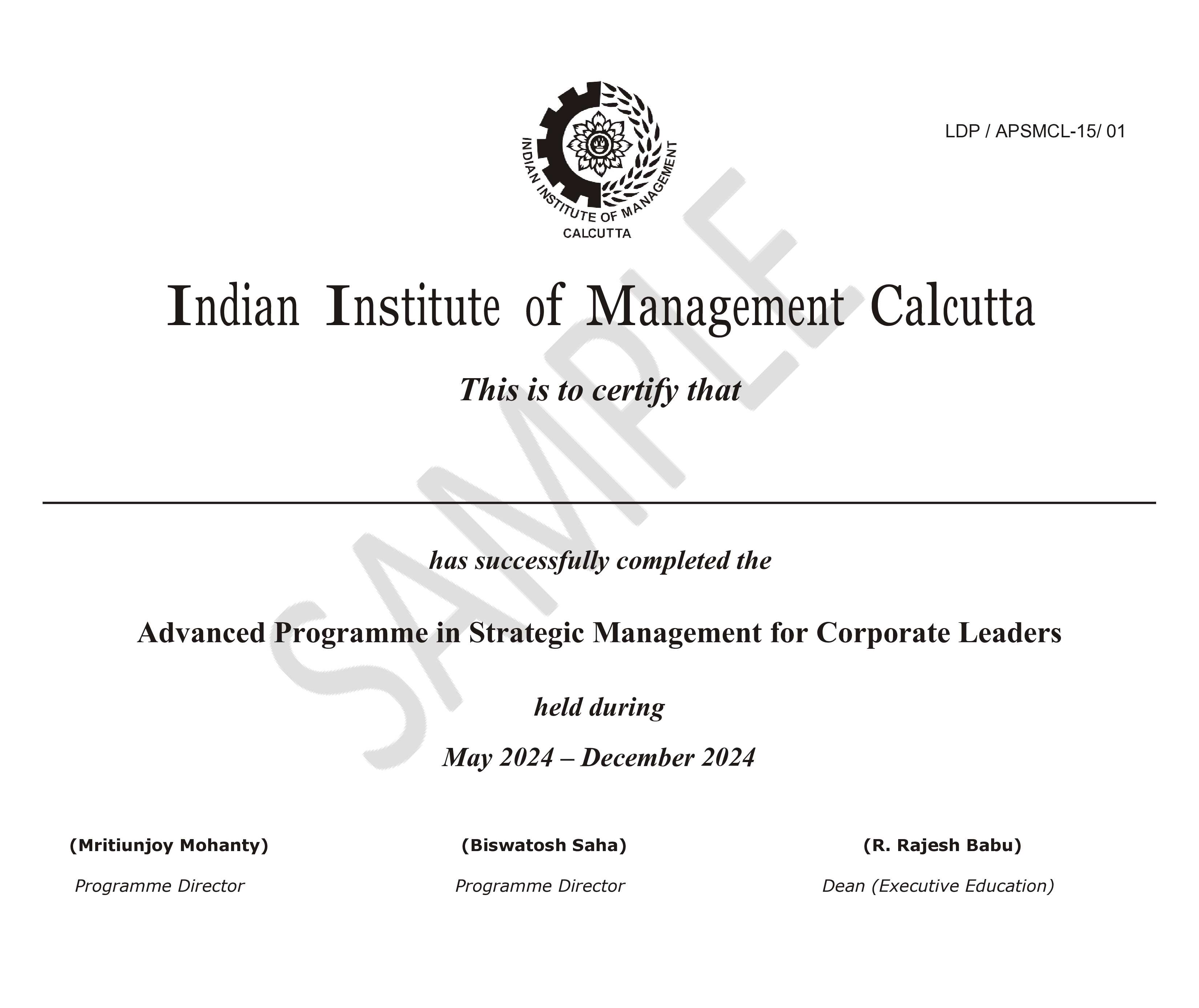
Alumni Status
- LDP participants who complete the programme successfully become the Alumni of IIMC Executive Education, which currently has over 30,000 members.
- LDP Alumni are given an email-id in the IIM Calcutta domain.
- LDP Alumni can register in the IIM Calcutta Alumni portal either with this email-id or with their personal email-ids. The IIM Calcutta Alumni portal is a common platform for Alumni of all programmes of the Institute to interact with each other and stay connected with the Institute.
- The Institute shares newsletters, important news and articles about the Institute and its activities, the achievements of the Institute's faculty, staff, students and alumni, upcoming events and programmes etc., on the portal.
- Alumni can post their achievements, write about jobs or LIVE project opportunities for other alumni to see.
- The IIM Calcutta alumni network can also be accessed on mobile phones through the mobile app.
- Executive Education Alumni are entitled to a discount of 5% on the programme fee if they opt to do another LDP.
- By using the different features of the IIM Calcutta portal, alumni across programmes can engage with each other in many meaningful ways. It is up to the alumni themselves to leverage the platform
How to Apply
For further details and for downloading the application form please visit: - https://iimcalcutta.vcrvcnow.in/APSMCL-16/student-reg/registration_lms.php.
Contact person (VCNow):
Name – Shivani Sharma
Email ID- shivani.sharma[at]vcnowvcr[dot]com
Contact Number –9219078715


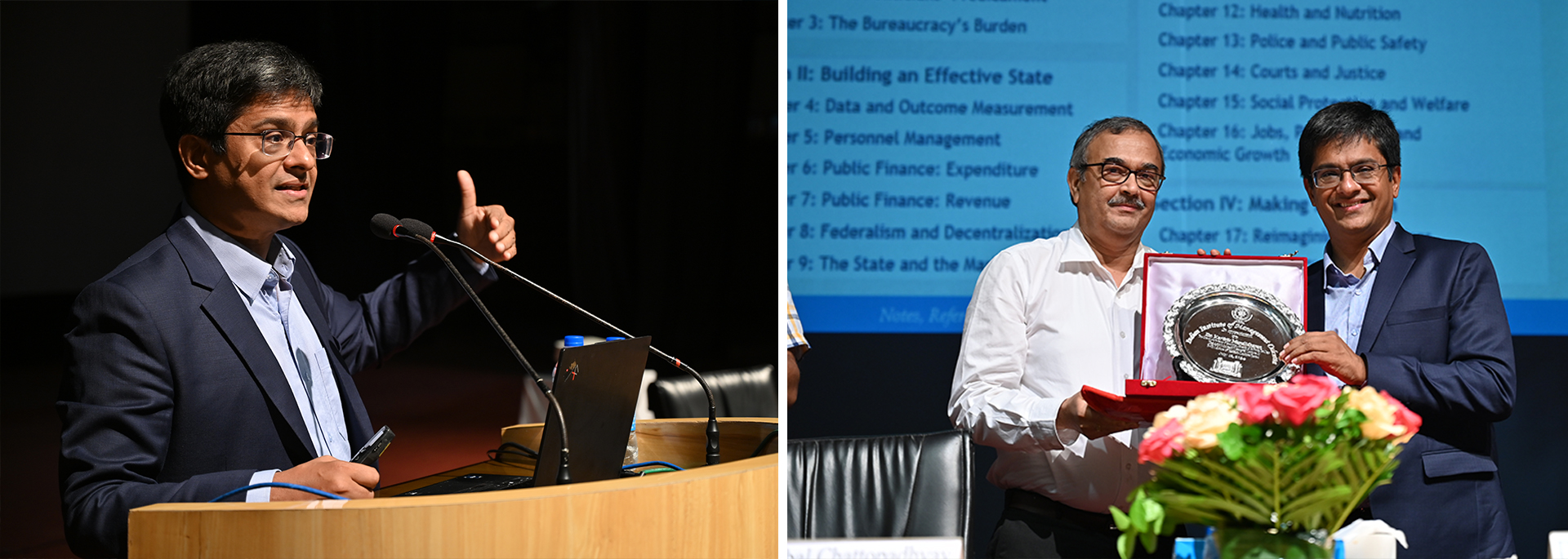
.png)
